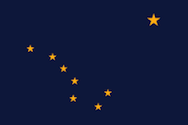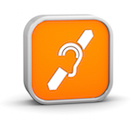
Using NetLogo as a tool to encourage scientific thinking across disciplines
In this article we discuss the possible uses of NetLogo as an educational tool for High School and early-years undergraduate students. The paper is geared towards teachers from all disciplines that require students to problem solve, be quantitative and logical but want a project orientated platform to build or reinforce knowledge. The goal is to […]















